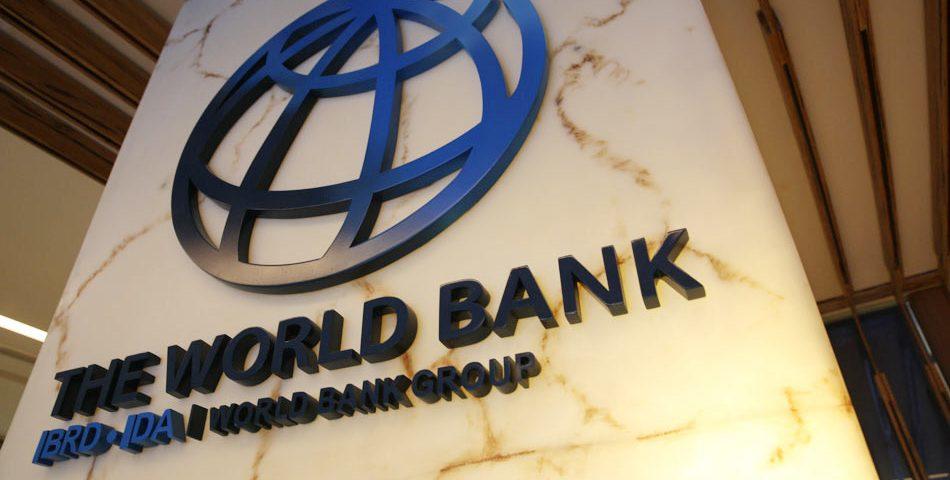Kenya’s gross domestic product (GDP) is projected to decelerate substantially in 2020 due to the negative impact of the COVID-19 (coronavirus) pandemic, the World Bank announced on Wednesday in its latest economic update.
The World Bank predicts growth of 1.5 percent in 2020 in the baseline scenario, with a potential downside scenario of a contraction to 1.0 percent, if COVID-19 related disruptions in economic activity last longer.
Economic growth projection remains highly uncertain and the outcome will hinge on how the pandemic plays out internationally and within Kenya, along with policy actions taken to mitigate the situation, noted the World Bank.
The government’s immediate action has focused on strengthening the health system which faces an extraordinary challenge to contain the spread of COVID-19 and care for the infected.
Further health policy measures such as working from home, travel restrictions, the closure of schools, the suspension of public gatherings, and a nightly curfew, are necessary to delay the spread while the country ramps-up investment in its healthcare systems.
According to the World Bank, the interventions are also quite costly to the economy by reducing social interaction, production and demand across all sectors.
“We recognize that Kenya must balance between reducing the spread of the virus and cushioning Kenyans particularly informal workers and youth who make up 70 percent of the population from the adverse economic effects posed by COVID-19,” said Felipe Jaramillo, World Bank Country Director for Kenya.
“In partnership with other development partners, we are supporting the Government of Kenya through financing and technical advice to strengthen its health systems capacity to contain the spread COVID-19.”
The World Bank noted that the hardship from the crisis would disproportionately befall the poorest and the most vulnerable households in Kenya.
“Protecting their earnings and reaching households through cash transfers is considerably more challenging due to a nascent system of social safety nets, lack of proper physical address system, and updated welfare registers,” noted the World Bank.
The World Bank urged Kenya to scale up available social assistance programs to provide poor households with food, water, and other basic supplies to cope with the crisis.
JK/abj/APA


